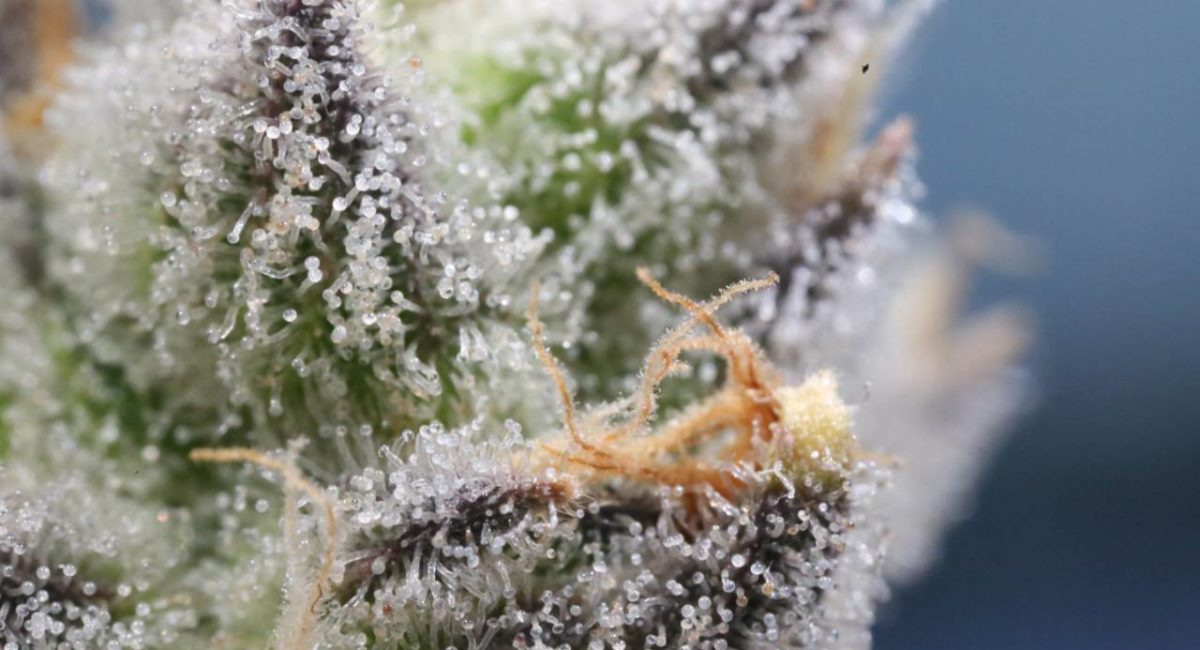Aside: Take the time to review the official state P65 website. Make sure your legal counsel does too. Talk to them, ask them important and relevant legal questions surrounding Prop. 65.
When we last discussed Prop. 65 and reviewed what OEHHA’s last updates meant, we addressed how by and large the measures were less about cannabis, and more about known carcinogens. Since then (all the way back in 2018) some things have changed and California’s Office of Environmental Health and Hazard Assessment has updated Prop. 65 to include language covering not only smoke/particulate from cannabis, but also to include Δ9-THC itself.
Technically, they’ve both been added to the Safe Drinking Water and Toxic Enforcement Act of 1986 (“Prop 65”), and listed as causes of reproductive harm (developmental toxicity). For most cannabis businesses in California, this means a change in product packaging will be in order by 2021. With potential fines as high as $2,500 per violation per day, getting compliant with Prop 65 should be a priority.
Prop 65 and Cannabis: What to Know
Prop 65 lists chemicals that are known by the State of California to cause cancer or reproductive harm. Generally, products containing carcinogens or reproductive toxins identified by the Prop 65 list need to be labeled with a consumer warning. Household products and consumables as disparate as coffee and cannabis are indeed listed.
Initially, cannabis particulate was included but Δ9-THC was not. As of January 3, 2021, however, that has changed. Along with a host of other changes that went into effect with the turn of the calendar, enforcement of Prop. 65, for most cannabis businesses in California, means a change in product packaging/labeling is in order. And with potential fines as high as $2,500 per violation per day, getting compliant with Prop 65 should be a priority.
Why is Prop 65 Relevant to Cannabis Businesses?
Cannabis smoke has been on the Prop 65 list as a cause of cancer since 2009. For California’s cannabis businesses, this has meant that smokable cannabis goods and paraphernalia need to be labeled with a Prop 65 carcinogen warning.
When cannabis smoke and THC were added to the list as reproductive toxins, this update created additional warning requirements that can be summarized as follows:
- Since cannabis smoke is now listed as a carcinogen and reproductive toxin, smokable cannabis products will require Prop 65 warnings for both cancer and developmental toxicity from cannabis smoke. If the warning isn’t on the physical product, retailers will need to ensure that proper signage is posted on site.
- Since THC is now listed as a cause of developmental toxicity, both smokable and certain non-smokable cannabis products (e.g., edibles, vape cartridges, and even CBD products with trace amounts of THC) will require Prop 65 warnings for developmental toxicity from THC.
- For emphasis, CBD operators need to be just as aware of this as operators handling THC. Why? It’s because there is no safe harbor exposure level for THC in CBD products. This is a critical vulnerability that CBD operators need to address.
- Also, all license holders along the supply chain should look into safe harbor warnings, as utilizing them is an effective way to protect your business against Prop 65 enforcement.
How Can My Business Get Compliant?
To help you get started, the chart below presents a comparison of past and present required Prop 65 warnings for cannabis smoke and THC:
2020 vs 2021 Packaging Warnings


